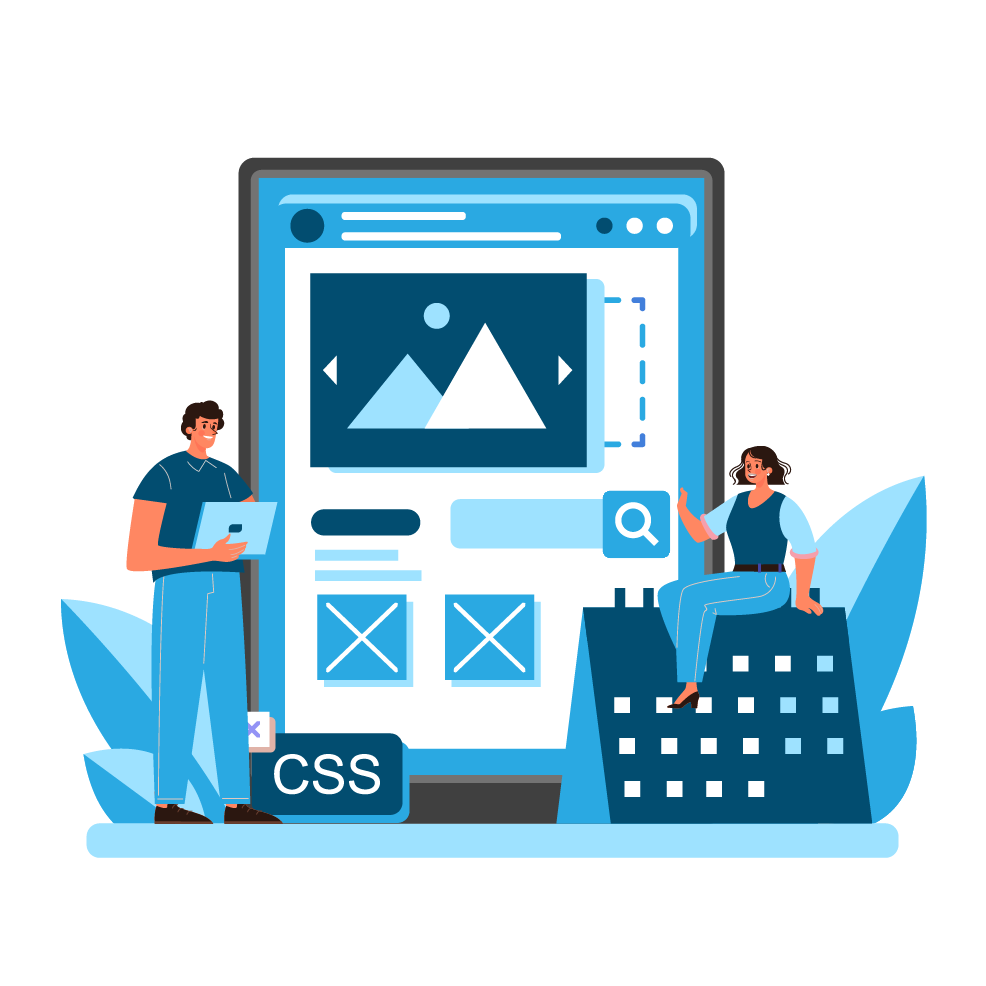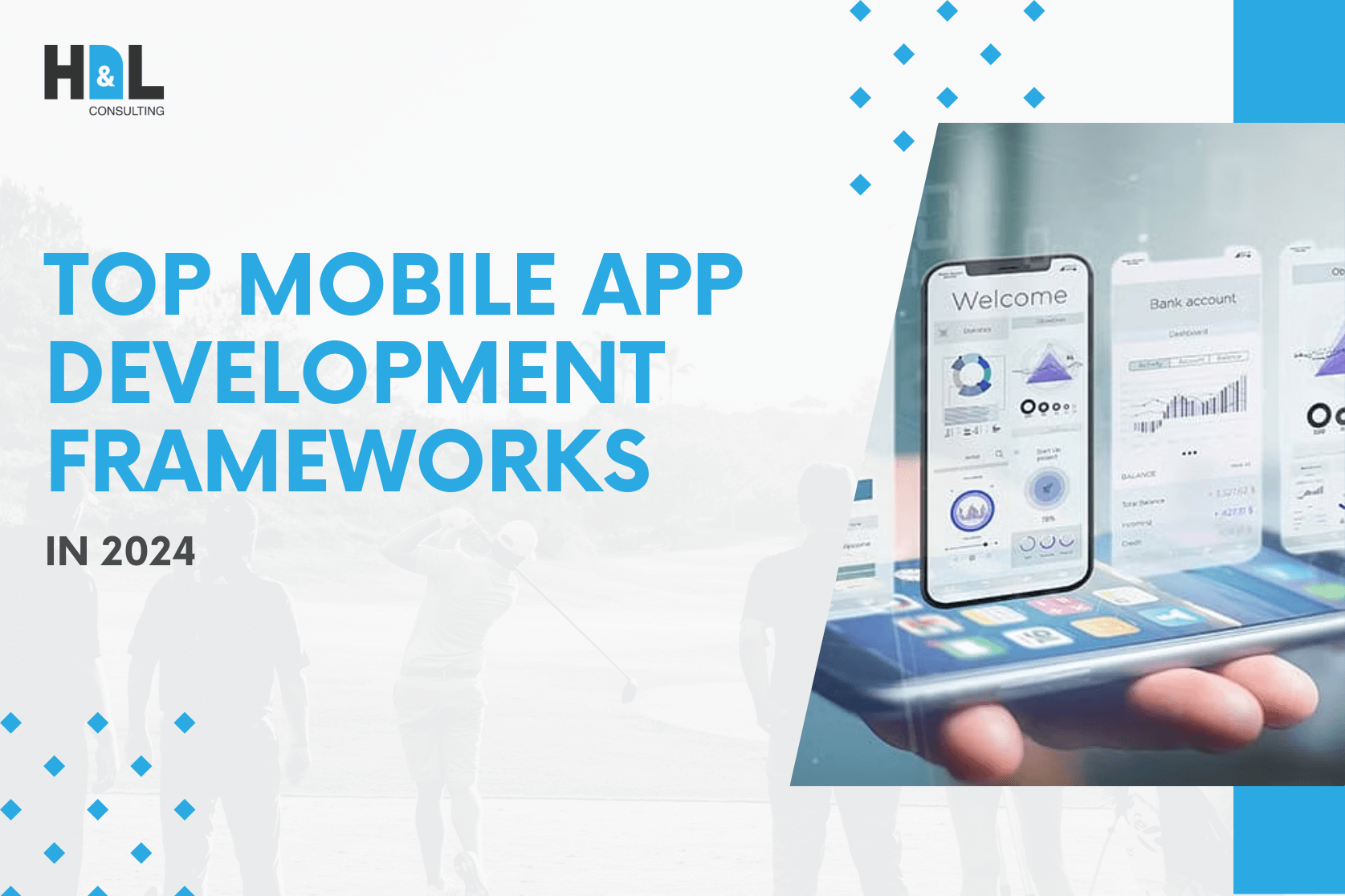During the development of a mobile application, the framework acts as the core. Well, a good framework will surely help in building up the speed of development, improving performance, and ensuring smooth user experience. Let’s explore some of the most popular development frameworks for mobile applications that are supposed to be at the helm in 2024.
Flutter
Flutter from Google has become the developer’s first choice if they want to create their app on every platform. It is developed in the Dart programming language, with a massive set of pre-built widgets; it is hence very easy to build beautiful and functional apps. Among the best features of Flutter stands out hot reload, which allows developers to instantly observe changes, hence making the whole process super quick. Plus, you can use it to create apps not just for mobile but also web and desktop, making Flutter quite versatile.
React Native
Developed by Facebook, React Native is the leading cross-platform development framework. You can easily build applications with it using JavaScript and React; you write one codebase for iOS and Android. What makes React Native so great is its component-based architecture. It is very flexible, and in the extensive library, you can find a ton of third-party plugins that will help you add more functionality. React Native is on the development path, supported by Facebook and a vast developer community, so, yup, it’s a very bright future.
Xamarin
Another strong option is Microsoft’s Xamarin, which comes especially nice if you like working in C# and/or .NET. It can give you the greater part of the code to be shared across various platforms while still managing to turn out what feels like a native app. Native API access is there to ensure that the app will be polished and perform well. Integration with Visual Studio and Azure lets Xamarin be a full-fledged tool for enterprise app development; that’s why it’s something many bigger companies rely on.

SwiftUI
If you develop an Apple ecosystem, then SwiftUI is right up your alley. Launched by Apple, SwiftUI is entirely focused on simplicity and speed. The declarative syntax it follows means it will make writing and clarity of your code the least painful. It integrates with Xcode, thereby allowing you to see precisely how your user interface will look in real time for quick changes. SwiftUI works across all Apple platforms, so if you’re building for iOS, macOS, watchOS or tvOS, it’s a strong choice for 2024.
Kotlin Multiplatform by JetBrains is getting more and more popular as the way to develop an application for iOS and Android using the same codebase. Building on the Kotlin language, modern and succinct in syntactical structure, you avoid doing redundant labor because you are going to write platform-dependent code only when it makes absolute sense. And, with Google pushing hard to support Kotlin as a first-class language for Android, the adoption of Kotlin Multiplatform will only increase among developers looking for an efficient cross-platform solution.
Ionic
Ionic is yet another robust framework for creating cross-platform apps with web technologies. The strongest feature of Ionic is its flexibility: You will be able to blend it with Angular, React, or Vue.js according to what the team is most comfortable working with. Ionic is shipped with a pre-built library for UI; hence, you can make native-like experiences with ease. If you are looking to easily write the code once and leverage most of the platforms, then consider Ionic.
NativeScript
NativeScript is a very powerful choice for every developer willing to create really native applications, using JavaScript, TypeScript, or Angular. The good part about NativeScript is that it directly accesses native APIs, so your application will run as fast as other applications built in native traditional languages. NativeScript’s modular architecture and support for modern JavaScript frameworks really make it a strong and flexible framework, especially if you are already proficient with web technologies but have the need to create mobile apps.

Final Thoughts
Choosing the right mobile app development framework depends on what you really need in your project. If you need something versatile that can work on most platforms, then Flutter or React Native will be very good choices. Xamarin or NativeScript would work better for that native feel on iOS and Android. Swift UI would be best in case of working only on Apple projects. Kotlin Multiplatform is intelligent for shared code across platforms, while Ionic works best with web technologies—a huge savior in terms of time and money.
All these frameworks excel in specific areas, so deciding between them should be based on your team’s proficiency, the organization’s needs, the project’s complexity, and the intended user experience.
If you are looking for an experienced IT provider, H&L Consulting is the best option. With years of experience, we specialize in mobile app development, web app development, staff augmentation, and robot process automation. Our staff of over 30 highly qualified IT consultants and developers can handle projects of any scale. We are committed to supporting your goals after successfully delivering over 50 solutions to clients throughout the world. Contact us for a full discussion, knowing that H&L Consulting is prepared to fulfill all your IT demands with specialized, effective solutions.









